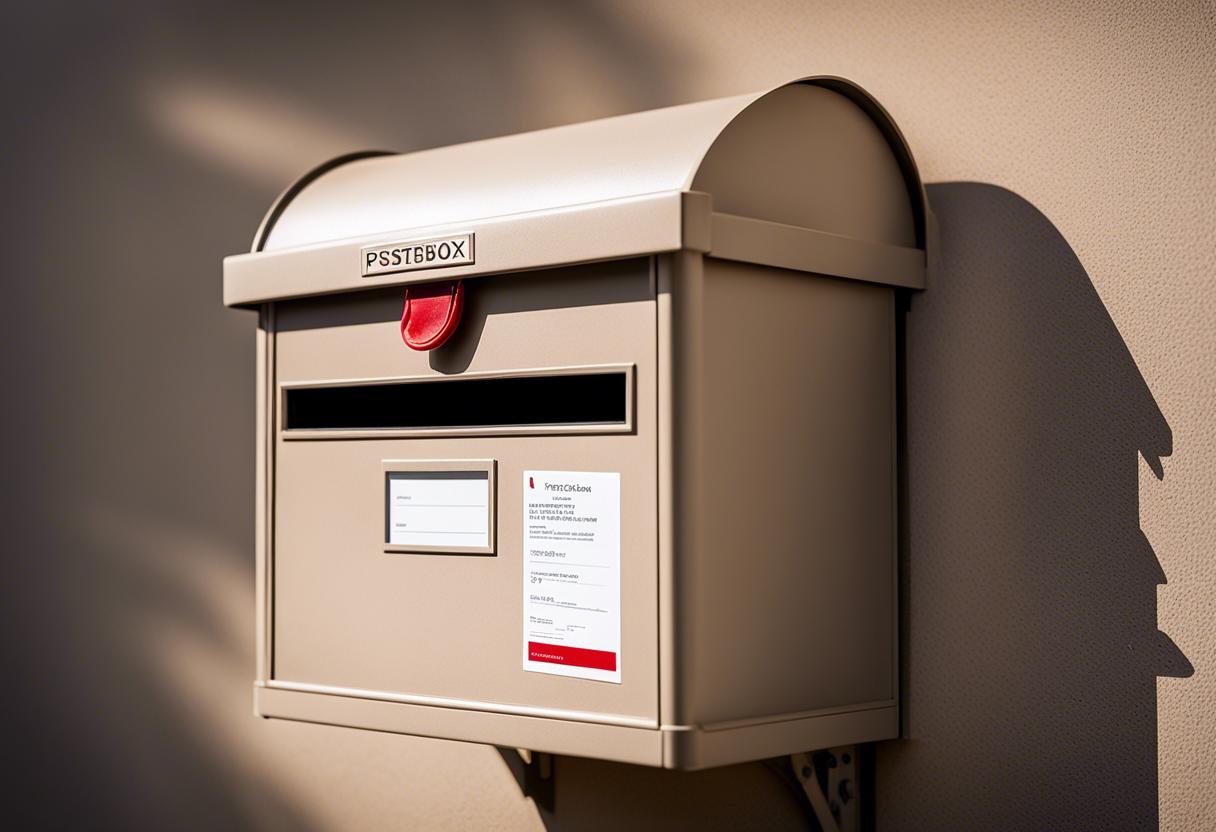Can you imagine the relief of your postbox now that the elections have come to a close? The incessant barrage of political leaflets should ideally come to a halt. Though it’s essential to know who’s running for office and their promises, it can be perplexing when the supposed solution is excessive paper production.
Remember the leaflet spotlighting repaired pavements since 2021 or the glossy one featuring a politician inspecting a pothole? The entire scenario had a hint of the 2021 satirical movie Don’t Look Up – it’s almost as if some politicians and firms prefer to ignore environmental issues and just keep distributing brochures.
Leaflets also come with multiple offers, be it triple-glazed windows, a pizza, power-washing your driveway, cleaning your gutters, installing solar panels or even selling your house. Whatever your home-related needs, there’s likely a flyer to match.
An Post’s recent survey claims that 66% of respondents enjoy receiving direct mail. The defending argument is that paper, being a renewable resource, contributes to Europe’s 74% paper recycling rate in 2020. Homeowners can also verify if the materials they get are printed on Forest Stewardship Council (FSC) certified paper.
Why all the fuss about junk mail?
From a purely selfish perspective, remember that disposal of all this unwanted mail falls on you, and thereby, on your finances. Buried in your bins in recent weeks, you’d possibly find heaps of unsolicited mail, which directly went from postbox to rubbish. No matter if you pay for waste disposal per lift or by weight, junk mail is unwelcome expenditure.
Precise data on Ireland’s junk mail is scarce, but consider France. Zero Waste Europe suggests that if each household used a “no junk mail” sticker, it’d result in saving 40kg of paper per person annually.
In America, the Center for Development of Recycling at San Jose State University states that an average adult receives about 18kg of junk mail each year, equivalent to carrying around a small child.
Every piece of mail you didn’t ask for is not just a piece of paper. It represents the cost of trees, water, electricity, ink and other resources used in its creation, and the energy spent on disposing of it. Every unasked-for mail is a tiny ecological burden.
Paper products like shiny brochures and catalogues are responsible for almost 15% of the world’s total wood consumption. Our paper usage choices have a direct impact on responsible forestry practices. By lessening our use of paper products and refusing excess paper, we can make a difference.
What can you do?
If you receive mail that’s specifically assigned to you and aims to promote a service or product, it’s considered as direct advertising. If you want such postings to halt, you can request the removal of your personal information from their marketing database according to data protection regulations.
Even though it might be annoying, send an email or written request to the company asking them to remove your details. The company is obligated to respond and confirm your removal within 40 days. If you’re unsure how they obtained your address, feel free to inquire.
What if the mail doesn’t stop?
In case your request is ignored and the mail keeps coming, lodge a formal complaint to the company. If this process fails to yield satisfactory results, escalate your issue to Dataprotection.ie to formally register your complaint.
What about mails not personally addressed?
If you receive mail addressed to a generic term or to “home occupant,” or if local businesses distribute leaflets without any specific address, retaliate by responding to the sender. Request removal from all future mailing lists by providing your name and address. For unaddressed flyers from local businesses, consider placing a sticker saying “No unsolicited mail” or “No junk mail” on your mailbox. Data protection rules are not applicable since this kind of mail doesn’t usually involve usage of personal data.
In an instance where a takeaway business continues to dump flyers despite your clear signage, it’s advisable to give them a phone call. Since recycling can cost up to €1 per lift and up to 6 cents per kilogram of content, they might at least owe you a free meal served in recyclable packaging, of course.

